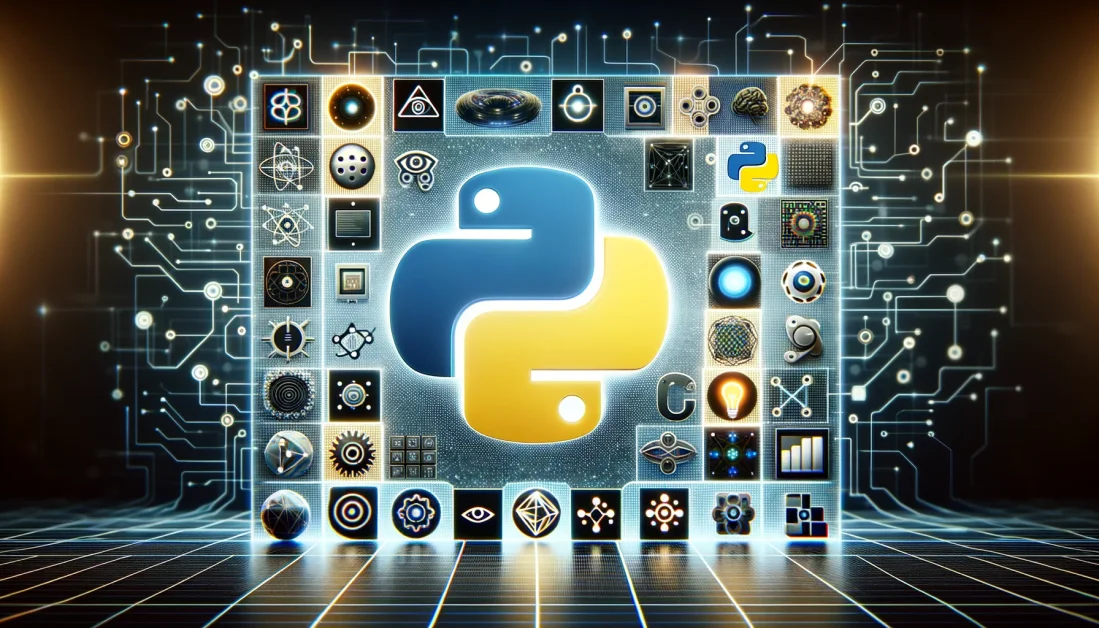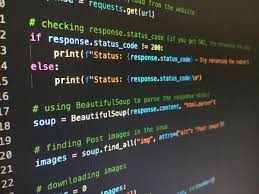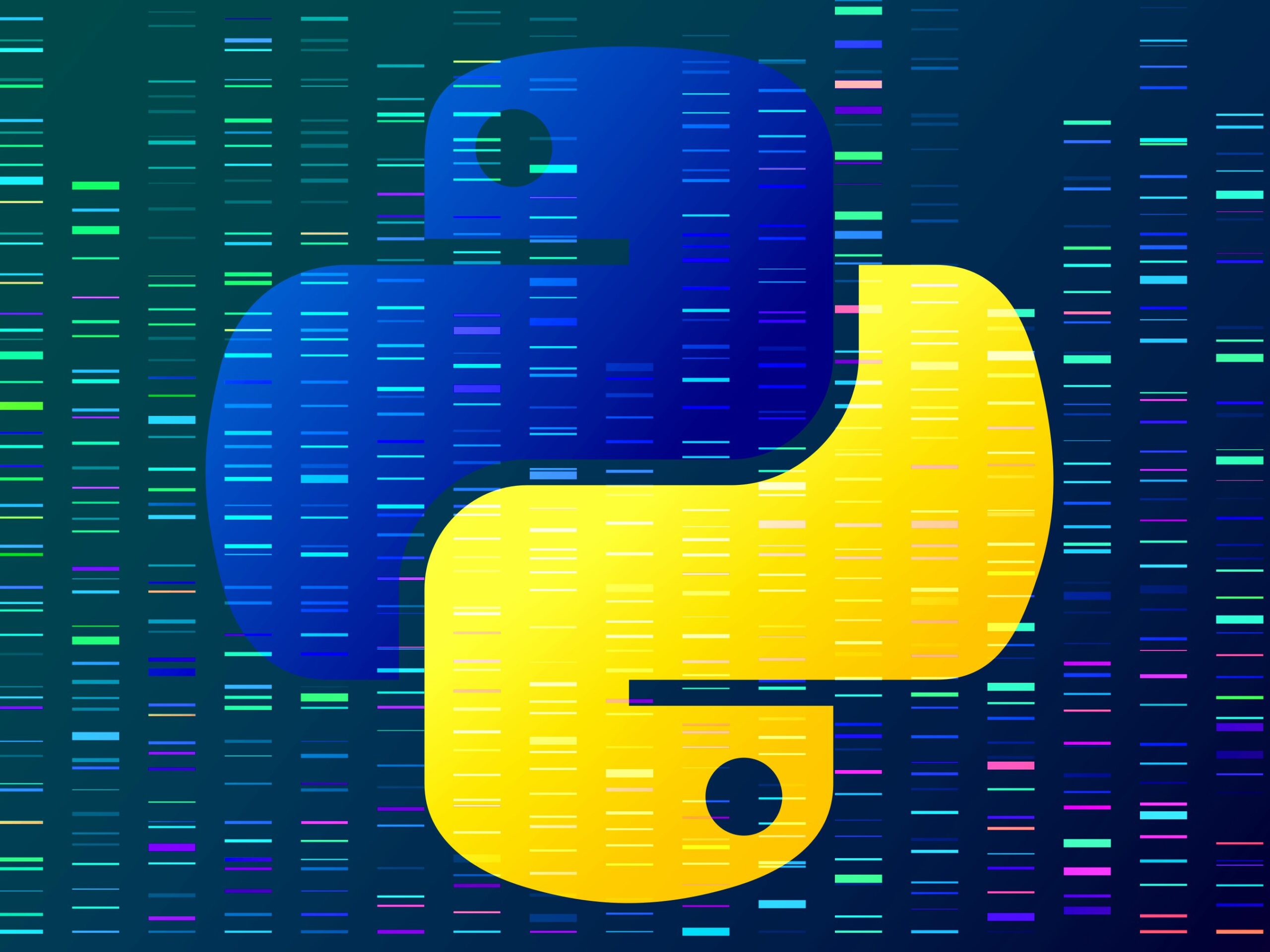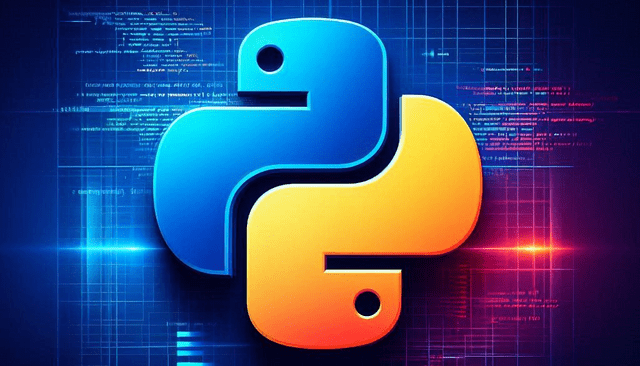Python is one of the most popular programming languages today, praised for its simplicity, readability, and versatility. It is used for everything from web development to data science and artificial intelligence. But what makes Python so accessible and powerful? Understanding the core principles of Python programming is essential for beginners and experienced developers alike. In this article, we’ll explore the key principles that make Python unique and how they shape its use in the world of programming.
1. Readability and Simplicity
One of the most well-known characteristics of Python is its emphasis on readability. The language’s syntax is designed to be clean and easy to understand. Python uses indentation instead of curly braces to define code blocks, making the code structure immediately visible. This design choice encourages developers to write code that is easy to read and maintain.
For example, in Python, the loop structure is simple:
pythonCopyfor i in range(5):
print(i)
This code is not only concise but also easy to understand, even for someone who is just starting to learn programming. The idea is to reduce the mental load for developers, making Python code more intuitive and accessible.
2. Versatility Across Domains
Python’s versatility is another key principle that drives its popularity. It is a general-purpose programming language, which means it can be used for a wide range of applications. Whether you’re developing websites, automating tasks, analyzing data, or creating machine learning models, Python can handle it all.
Python has an extensive set of libraries and frameworks that make it easy to implement complex functionality without needing to write a lot of code from scratch. For example:
- Web Development: Frameworks like Django and Flask make it easy to build scalable web applications.
- Data Science & Machine Learning: Libraries like Pandas, NumPy, and Scikit-learn provide powerful tools for data manipulation, statistical analysis, and machine learning.
- Automation: Python is widely used for automating repetitive tasks, such as file handling, web scraping, and interacting with APIs.
The language’s adaptability to various domains means that Python remains relevant in an ever-evolving tech landscape.
3. Large and Active Community
Another key principle of Python’s success is its large and active community of developers. The Python community is known for its inclusivity, support, and the sheer volume of resources available to programmers. Whether you’re looking for tutorials, documentation, or community forums, Python has a wealth of resources to help both beginners and experienced developers.
The Python Package Index (PyPI) hosts over 300,000 libraries and packages, allowing developers to find solutions to common problems with ease. This community-driven ecosystem ensures that Python developers are always on the cutting edge, with access to the latest libraries, frameworks, and best practices.
Conclusion
In summary, Python’s core principles—readability, versatility, and a strong community—make it a top choice for developers around the world. Its simplicity allows newcomers to dive into programming without feeling overwhelmed, while its power and versatility enable experienced developers to create complex applications across various domains. The support from the Python community ensures that developers have the tools and resources they need to succeed.




